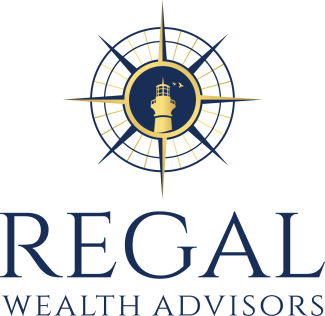Executing Fundamentals: A Key Competitive Advantage
“I never listen to what people say, I just watch what they do. Behavior never lies.”
“Difficulties mastered are opportunities won.”
-Winston Churchill
As I discussed in another post, an ingrained culture of relentless execution is a crucial element for driving business’s value acceleration. In this post, I want to focus specifically on what I believe is a crucial element of relentless execution: consistently executing the fundamentals.
Why Executing the Fundamentals is Uniquely Important Today
I believe that today, many CEOs are hamstrung--and very frustrated--by a post-COVID workplace culture that facilitates and accepts mediocre work. I could easily write a treatise on this statement, but I believe you can relate to what I am saying. Challenging times for sure.
So, what is a CEO to do? Be a better leader. Lead by example. If a CEO can lead the organization to relentlessly execute the fundamentals, “difficulties mastered become opportunities won”. And by relentlessly executing the fundamentals, the organization will gain a huge competitive advantage because it will possess a form of intellectual capital that many of its competitors do not have.
And how does a CEO lead by example? First, the CEO must clearly convey a vison that fundamentals are crucial, and when an organization takes care of the little things, big achievements follow. Second, the CEO must recruit and retain the right employees. The right people must be on the bus, in the right seats, and empowered to do their job. And third, the CEO must have no tolerance for mediocre (let alone incompetent) work. In cases where an employee is not getting it done, that person must be removed from the bus—and quickly.
In short, the CEO must clearly demonstrate that the little things matter; they must be executed correctly every time and on time. As a former client-CEO of mine once stated, “What gets watched gets watched”. This CEO created an organizational culture where management constantly watched the little things, and the employees knew it. Consequently, they likewise watched the little things. They consistently executed the fundamentals, and those efforts were reflected in the organization's ongoing success.
And remember, you too must consistently execute the fundamentals and take care of the little things: your employees are “watching what you do; your behavior never lies.”
Accountability and Rhythm: Powerful Outcomes
In my relentless execution post, I speak to the power of accountability and rhythm. When employees are held fully accountable for their work, they become more valuable to the organization, and they grow as people. As the organization evolves to embrace accountability, rhythm emerges. Rhythm is the “holy grail” of operational effectiveness. When rhythm is achieved, everyone across the organization instinctively knows what to do and when to do it. Work processes are seamless and extremely efficient, and deadline are consistently met. When an organization has good rhythm, it has a huge competitive advantage.
At Regal Wealth Advisors, we give our small business owners the tools and knowledge to strategically grow the value of their most important investment. We offer the skills and knowledge of two Certified Exit Planning Advisors, Mike Zimmerman, President and Founder, and John Packer, Small Business Director. Mike and John are a uniquely equipped team with decades of combined experience in wealth management and small business consulting.
We invite you to contact our office at 717-838-3178 and schedule an appointment to learn more about how our exit planning process—a process that is built upon the power of relentless execution and accountability--can be one of your most important business strategies
By John W. Packer, CPA, CEPA, MBA

